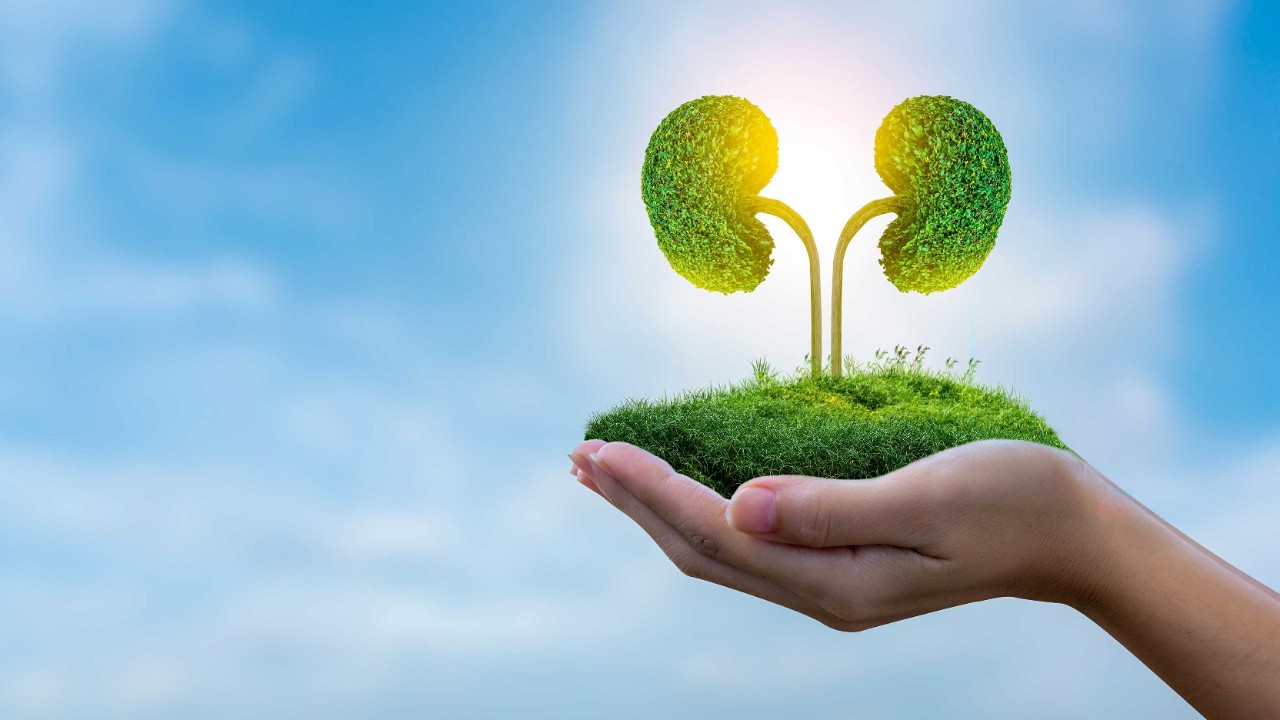If your kidneys are no longer able to cleanse your body of toxins and excess water, there are different treatment options available.
The prevention of further kidney damage
Various measures may be helpful for this:
- See a physician as soon as possible and on a regular basis. They can best advise you on your kidney disease.
- Take your medication as directed by your physician. Your medication plan is an extremely important part of therapy. It treats symptoms of kidney disease and targets to slow the progression of the disease.
- A low-salt diet has been also shown to reduce blood pressure and proteinuria. Let your physician advise you on this.
- An increased fruit and vegetable intake may support a decrease in body weight and blood pressure. However, please be aware that high potassium levels found in fruits may lead to serious complications if not consumed in the correct amount. Please consult your physician on this!
- Light regular exercise and increased physical activity can help with lowering blood pressure and can improve one's quality of life. It may also help to reduce the risk of heart problems. Heavy exercise is not advised. Please consult with your physician on this.
- Stop smoking, as this has been shown to reduce your risk of heart problems
Nutrition for kidney patients
At first you might find it difficult to adhere to new dietary guidelines. However, over time, you will find new ways to enjoy your meals. Try to remember that what you eat has a direct impact on your well-being and certain ingredients can influence the functioning of your kidneys.
Find recipes that fit a kidney-friendly diet and learn why kidney replacement therapy can support you within the next section.
To learn more about the cornerstones of a kidney-friendly diet, take a look at the CKD Nutrition and pre-dialysis website.






